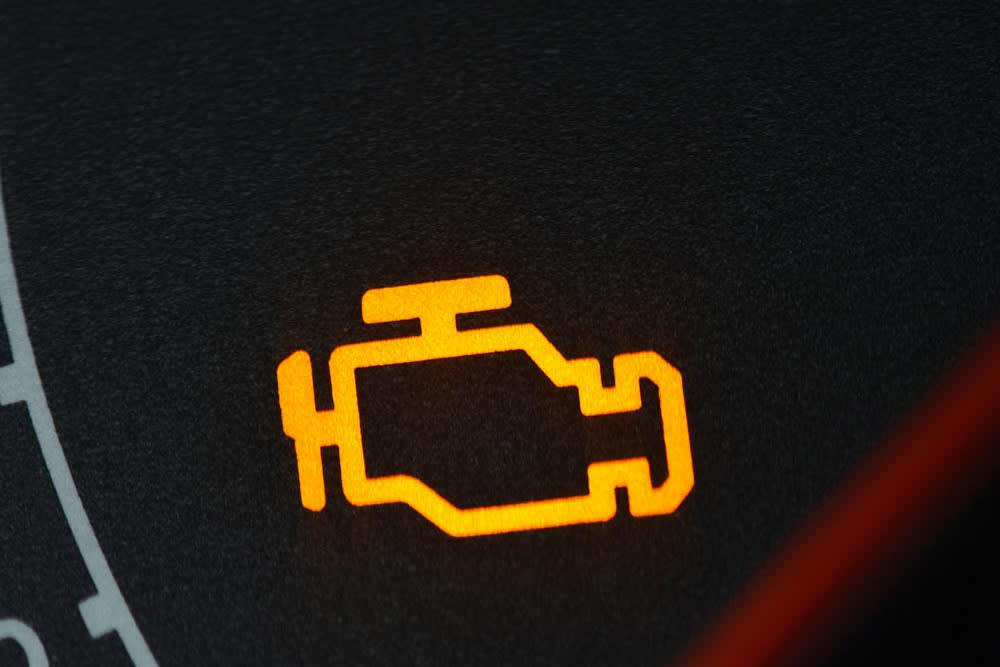

The engine control module (ECM), also known as the engine control unit (ECU), is a critical component in modern vehicles. It serves as the main computer governing various engine performance and drivability functions. Understanding the role of the ECM and recognizing the symptoms of a bad engine control module is crucial for maintaining optimal vehicle performance.
Role of ECM in Modern Vehicles
Typically, the ECM lasts the lifetime of the vehicle, but it is possible for it to fail before the whole vehicle does. The ECM acts as the central control hub for a vehicle's engine, managing essential functions that contribute to overall performance. It takes data from various sensors and uses this information to calculate and fine-tune engine spark and fuel for maximum power and efficiency.
Modern vehicles heavily rely on the ECM to control key aspects of engine performance and drivability. From adjusting fuel injection timing to managing ignition timing, the ECM plays a pivotal role in ensuring a smooth and efficient driving experience.
Impact of ECM Failure
The ECM receives data from sensors throughout the vehicle, including those measuring engine temperature, oxygen levels, and throttle position. This information is crucial for making real-time adjustments to optimize engine performance.
Based on the data received, the ECM calculates the ideal amount of fuel to inject and the precise timing of the spark plugs. This tuning ensures the engine operates at its peak efficiency, balancing power and fuel economy.
A malfunctioning or failing ECM can have a significant impact on the vehicle's overall performance. Understanding the common signs of a bad ECM is essential for timely diagnosis and resolution.
Signs of a Bad ECM
1. Check Engine Light Turns On
An illuminated Check Engine Light is one possible symptom of a bad ECM. The Check Engine Light usually illuminates when the computer detects a problem with any of its sensors or circuits. There are cases, however, where the ECM illuminates a Check Engine Light mistakenly, or when there is no issue present. Have a mechanic scan the computer for trouble codes to diagnose whether the issue is with the ECM, or elsewhere on the vehicle.
2. Engine Stalling or Misfiring
Erratic engine behavior may also indicate a bad or failing ECM. A faulty computer may cause the vehicle to intermittently stall or misfire. The bad ECM symptoms might come and go and not appear to have any sort of pattern to their frequency or severity.
3. Engine Performance Issues
Engine performance issues are another possible sign of a bad ECM. If the ECM has any issues, it may throw off the timing and fuel settings of the engine, which can negatively affect performance. A faulty ECM may cause the vehicle to experience a reduction in fuel efficiency, power, and acceleration.
4.Car Not Starting
A bad control module may lead to a vehicle that won’t or is difficult to start. If the ECM fails completely, it will leave the vehicle without engine management control, and will not start or run as a result. The engine may still crank, but it will not be able to start without the vital inputs from the computer. Car-starting problems are not exclusively caused by a bad control module, so it's best to get a complete diagnosis by a professional technician to accurately determine the cause.
5. Poor Fuel Economy
Bad fuel economy may occur from a failing ECM. A bad ECM disallows your engine from knowing how much fuel to burn in the combustion process. Typically, the vehicle consumes more fuel than it should in this situation. You’ll end up paying more for gas than you would with a functioning ECM.
How to Test If Your ECM Is Bad - Seek a Mobile Mechanic
So, how do you test if your ECM is bad? Modern vehicles feature sophisticated computer systems, making ECM issues challenging to find. Specialized tools and expertise are required for accurate assessments, so this isn’t a DIY project.
Tools designed for ECM assessment are essential for accurate diagnosis. Professional technicians possess the knowledge and tools necessary to navigate the signs of a bad ECM and know whether or not you need an ECM replacement.
Monitoring your vehicle for bad ECM symptoms is crucial for maintaining your vehicle's health. Recognizing these indicators early on and seeking professional inspection can prevent further damage and ensure the best engine performance. If you've noticed any of these symptoms, don't hesitate. Call YourMechanic or schedule with a local professional mechanic for a vehicle engine electrical inspection today. Ensure your vehicle's health and performance with the expertise of our mobile mechanics.



